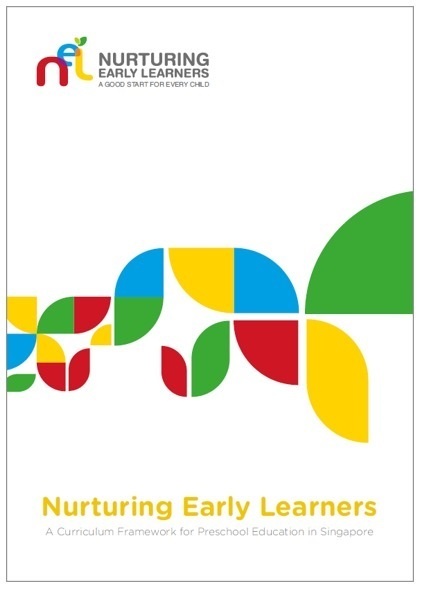Home >
Teaching and Learning >
iTeach Principles >
Engaging children in learning through purposeful play
Engaging children in learning through purposeful play
What does it mean?
Play is the primary way through which children explore their immediate environment. It is one of the most important ways through which children gain essential knowledge and skills.
The concept of purposeful play seeks to:
- Ensure that enjoyable and meaningful play experiences are encouraged or created; and
- Promote and extend children’s learning and development towards meeting desired learning goals.
Purposeful play can range from being more spontaneous and child-directed, to being more structured and teacher-directed.

The Continuum of Purposeful Play
| Find out more |
|---|

|
How can you do it?
Child-directed play:
- Provide time, space and resources to give children the freedom and choice to explore the materials and initiate play.
- Observe children at play to document what they say and do, and find out what they are interested in.
- Plan subsequent activities or opportunities to extend children’s learning experiences.
Child- and teacher-directed play:
- Co-direct the play experience with the children.
- Extend children’s play by asking questions, providing prompts, or adding appropriate resources as you play with the children.
Teacher-directed play:
- Plan and carry out activities/games for children to reinforce their learning of specific knowledge, skills and dispositions
| Find out more |
|---|

|
Example
This video illustrates the iTeach principle, Engaging Children in Purposeful Play, in action in the classroom. The teachers share how they plan play experiences and facilitate purposeful play. Children learn when they are engaged in play that is enjoyable and thoughtfully planned.
| Find out more |
|---|

|